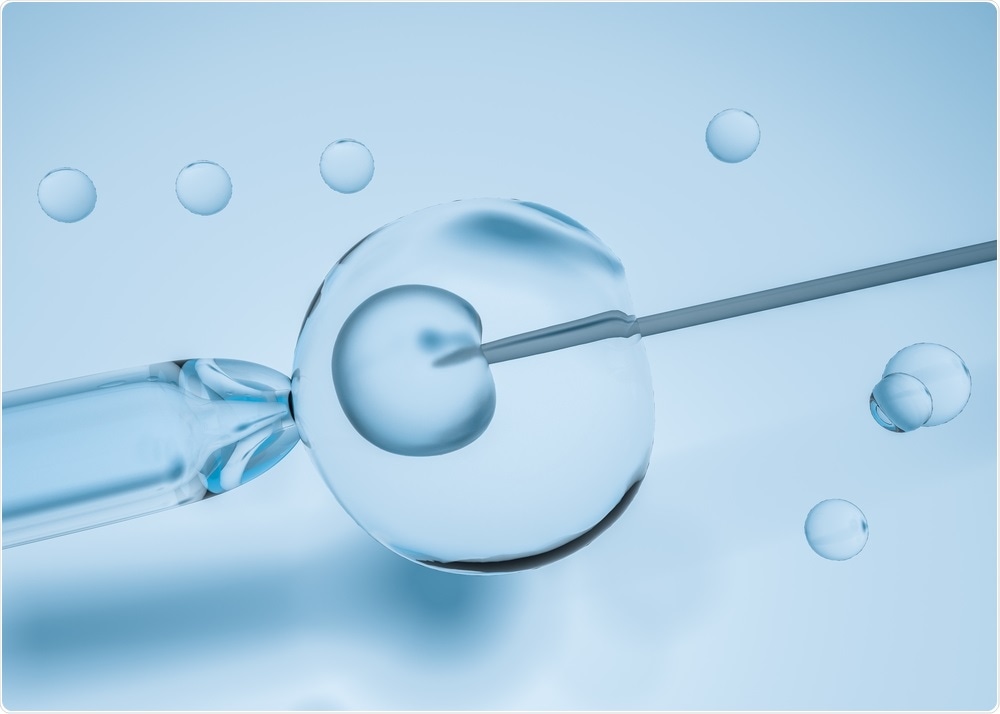The researchers have used CRISPR to edit the genes of IVF embryos in a controversial attempt to create offspring that are resistant to disease.

vchal | Shutterstock
A team of researchers from the Southern University of Science and Technology in Shenzhen plans to eliminate a gene called CCR5 in an effort to ensure the babies are born resistant to HIV, smallpox and cholera.
The researchers use CRISPR to edit the embryos before they are transferred back into the womb.
Team leader, Jiankui He, said that at least one of the pregnancies resulted in a live birth, and some of the trial data revealed that genetic tests have been conducted on fetuses as mature as six months.
It is not clear whether those pregnancies were terminated, are ongoing or have been carried to term.
The creation of the first gene-edited babies that are resistant to disease would be a ground-breaking medical achievement, but also a highly controversial one.
Some view the approach as offering the potential to eliminate genetic disease, while others see it as paving the way for designer babies and a new form of eugenics.
Genetically tailoring a human embryo is associated with significant risks, including the possibility of unwanted mutations being introduced or the creation of fetuses with a mixture of edited and unedited cells.
One risk associated with CRISPR is its potential to introduce unwanted, off-target mutations, but He claims that few or no such accidental changes were introduced to the test embryos.
According to plans outlined for the trial, the embryos will be genetically tested during pregnancy to check their health status.
He acknowledged himself in a 2017 presentation that if the first “CRISPR baby” were to be born unhealthy, the impact could be disastrous:
We should do this slow and cautious, since a single case of failure could kill the whole field.”
Jiankui He
To date, experts have mainly agreed that gene editing should not be used to create designer babies with changes that alter their appearance or personality.
He seems to anticipate the concerns that could surround this controversial trial:
I support gene editing for the treatment and prevention of disease, but not for enhancement or improving I.Q., which is not beneficial to society.”